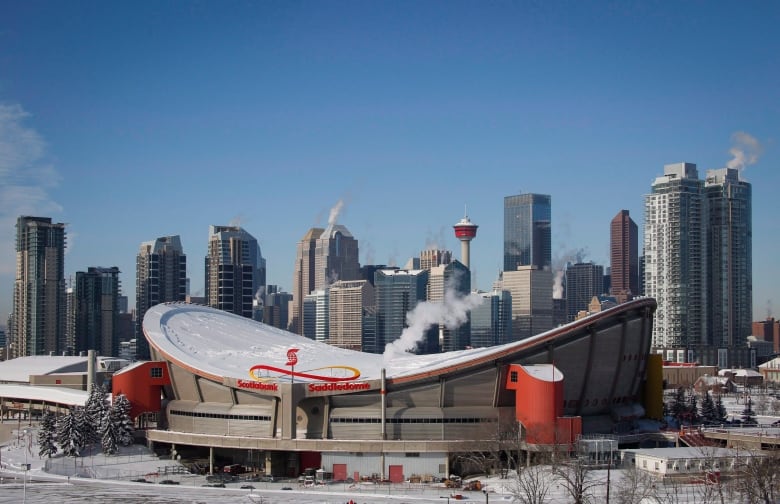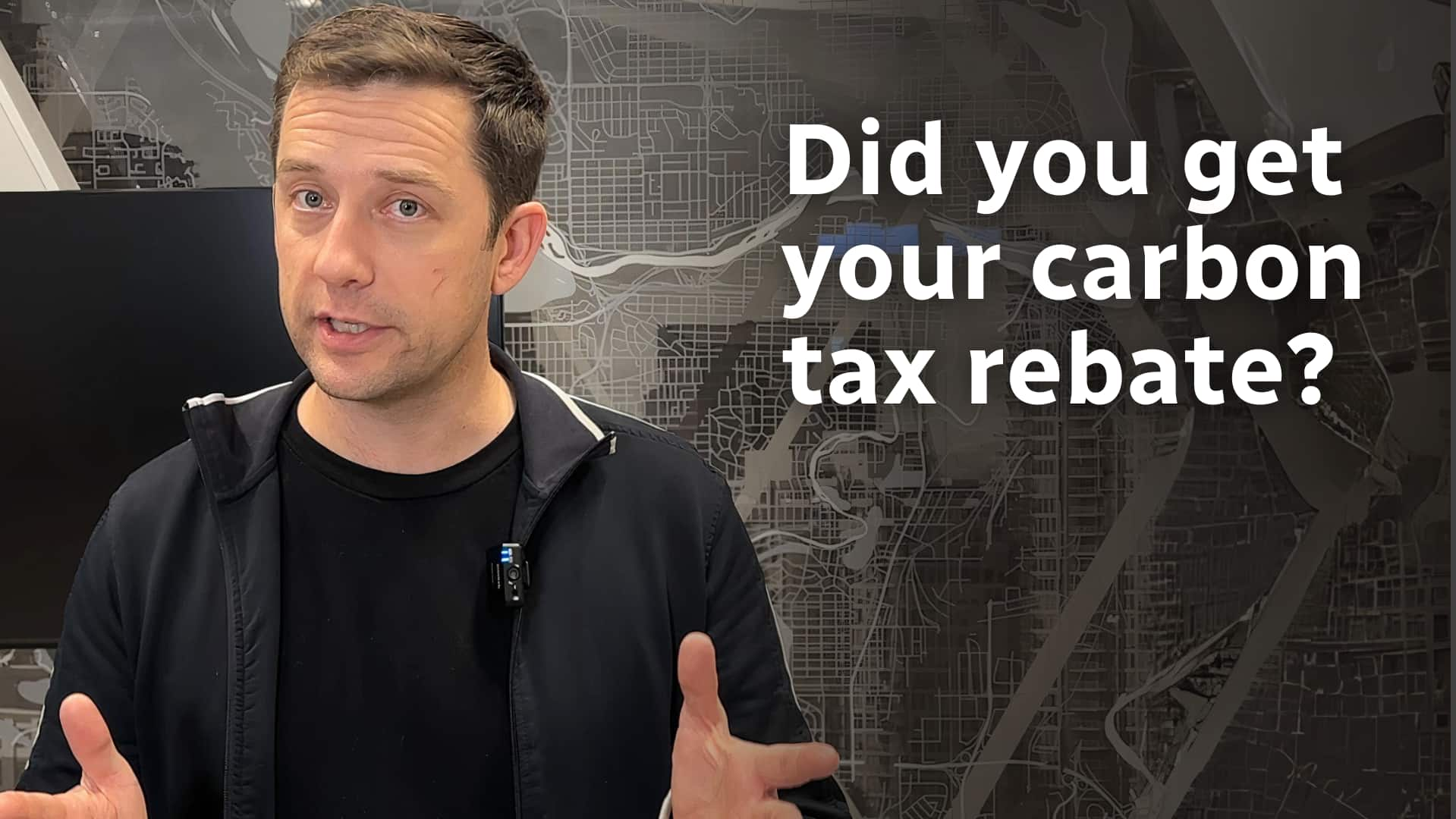April in Alberta often brings the Stanley Cup playoffs and unwelcome spring snowstorms.
This year it could also mean higher prices at the gas pumps.
Ottawa’s carbon tax is set to climb from around 14 cents to more than 17 cents per litre of gasoline on April 1.
And Alberta’s fuel tax is expected to be fully reinstated to 13 cents per litre of gasoline the same day as the new fiscal year begins.
The province’s 2024 budget said the fuel tax relief program is, “not anticipated to remain in effect.”
Believe it or not, millions of Canadians just got their quarterly carbon tax rebates. And yet, many Canadians who are eligible for the rebates don’t believe they receive them, according to recent polling by the Angus Reid Institute. CBC’s Robson Fletcher explains.
Alberta’s fuel tax was suspended for all of 2023 and partially reinstated at nine cents per litre of gasoline in January 2024.
Richard Masson, executive fellow with the University of Calgary’s School of Public Policy, said budget pressures and crude oil forecasts below $80 US per barrel mean it’s unlikely Premier Danielle Smith’s government extends another tax break.
“I wouldn’t hold my breath looking for relief…. It’s not really a high likelihood,” he said.
“People need to get their head around, ‘What am I going to do to make sure I’m as efficient as possible when I use gasoline or diesel fuel.'”
Alberta is projecting a slim $367-million surplus over the next fiscal year. The surplus for 2023-24 is forecast at $5.2 billion.
In the budget, the Alberta government is projecting an average oil price of $74 US per barrel over the next year.
Tax relief to come if oil prices climb
Crude prices averaging $80 US per barrel or more would trigger fuel tax relief for Alberta residents.
If the fuel tax is fully reinstated next month as expected, average prices between $80 to $84.99 US would drive the tax down to nine cents per litre.
If prices climb above $90 US per barrel, the province would stop collecting a fuel tax.
But Masson said Albertans shouldn’t count on those necessary benchmarks being met.
“It’s not clear that [oil prices are] going to be able to hold that level because China has continued to be weak. Russia’s continuing to find ways to get its oil to market,” he said.
“Unless interest rates start to come down, economies might start to slow.”
The benchmark crude blend West Texas Intermediate (WTI) reached $79.36 US on Wednesday.
Savings should come from elsewhere, advocacy group says
Kris Sims, Alberta director of the Canadian Taxpayers Association, saluted Danielle Smith’s government for “keeping spending under control” in this year’s budget but said the province could find savings elsewhere to keep the fuel tax break going.
“They’re still spending hundreds of millions of dollars on building an NHL hockey rink in Calgary,” she said.

“We’re convinced that the experts in the treasury department can go through this budget I’m holding in my hand here, line by line, and find the savings in order to give folks some tax relief at the pumps.”
In a statement, the provincial government said it reviews fuel tax rates quarterly and the tax funds programs and services that Albertans rely on.
The province said it will provide an update on the fuel tax before the end of March.
Ottawa says about 90 per cent of its carbon pricing proceeds return to families through carbon tax rebate payments, and 80 per cent of households receive more money than they’re taxed.




